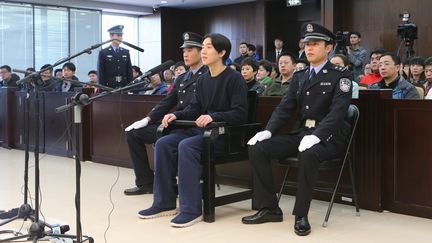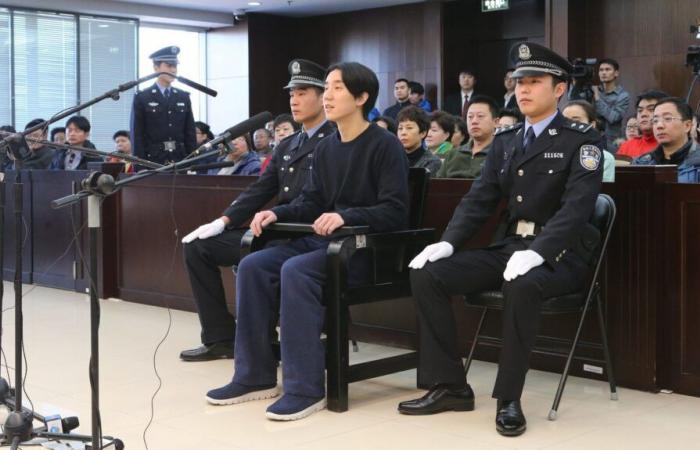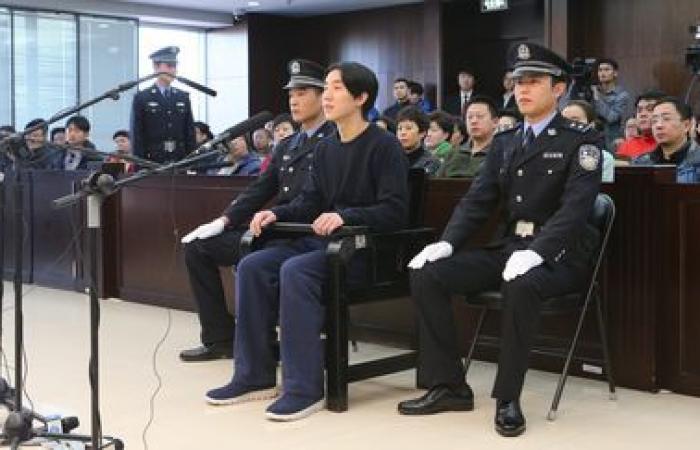Voices are being raised to question an old practice, anchored in the Chinese judicial system: collective punishment.
Published on 30/11/2024 07:08
Updated on 30/11/2024 07:34
Reading time: 3min

When a Chinese person is convicted by the courts, his relatives also suffer the consequences and are deprived of a certain number of rights: it is a practice which is not formally enshrined in the legal texts, but which, in fact, is quite common. When a conviction is handed down for a crime or misdemeanor, the convicted person is not the only one to suffer the consequences of his actions. His family and closest social relationships are also affected. This is what lawyers here call “collective punishment”.
This can translate, for example, into professional life. Relatives of a convicted person may be excluded from public service, no longer able to access a position in the army or enter a university. In some cases, relatives may also be refused Social Security benefits or encounter problems renewing a passport.
The Chinese press cites the example of a job offer published by a Shanghai court for clerk positions. The ad openly states that candidates must have a clean criminal record, but also their family members and their main social relations. The newspaper Caixin recently carried out a count: according to official figures, China recorded some 25 million convicted offenders in 2022. If we consider that each of these delinquents has on average three relatives, this means that these particularly unjust collective punishments affect a total of some 75 million Chinese, or one person in 18. Chinese who, however, are good citizens, respectful of the law, but who bear the brunt of the acts committed by their loved ones
A university professor in Beijing recently said that this practice leads to collateral consequences, as they are called in China, which violate the Constitution. Other experts emphasize that criminal responsibility must be borne only by the person responsible for the act and not by others. An MP also criticized collective punishment.
But stopping a practice that has been anchored in Chinese society for a very long time cannot be done in a few days. Collective punishment has its supporters and also constitutes for the regime a very good means of deterrence and control of the population. International human rights organizations regularly accuse the Chinese authorities of attacking the families of imprisoned dissidents, always within the framework of this principle of collective punishment.
France
World








